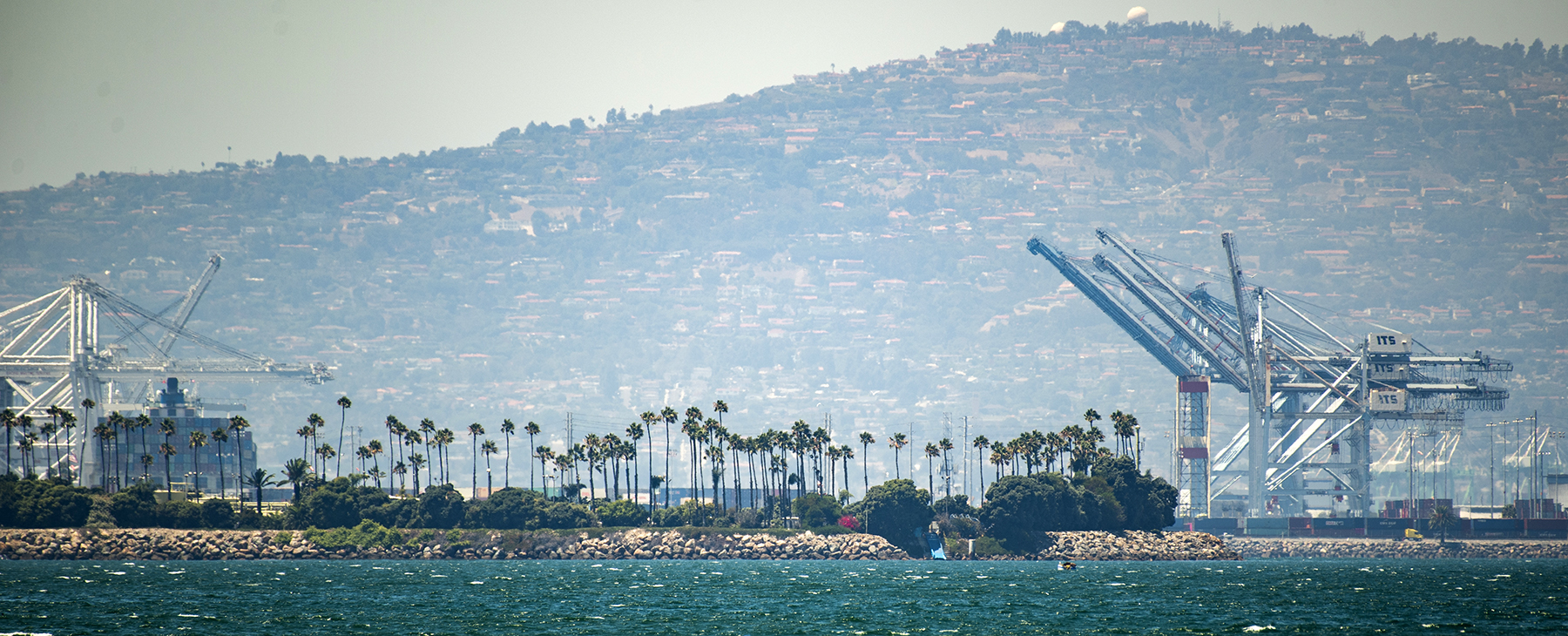Long Beach voters will decide Nov. 3 whether to raise the tax rate imposed on oil suppliers, which proponents say will raise funding intended to bridge inequalities in the city.
Measure US would double the city’s general tax on business licenses for oil production to 30 cents per barrel, with the revenue being pledged to address problems in areas of the city that have lacked community and youth programs and have been hit hard by the impacts of climate change.
While it’s a general tax requiring just over 50% approval by voters to become law, the City Council approved a non-binding resolution—it can be overturned by future councils—to support the stated goals of Measure US.
An impartial analysis by the city attorney’s office estimates that the tax, if approved, could generate approximately $1.6 million in new revenue for the city’s general fund.
The city already has a special tax of 33 cents per barrel that, since 2007, has provided millions of dollars each year for police, fire and other public safety needs. That earlier measure, Proposition H, was approved by 70% of voters.
Money generated in the Tidelands area is legally bound to be spent in that area—generally the coastline south of Broadway—but the new tax could free up other general fund dollars to be spent citywide.
As oil production continues to dwindle in the city, however, so too would the amount of tax revenue generated by Measure US.
City officials have said oil production recently has dropped by about 8% to 10% annually, which would impact the amount of money generated by the potential tax increase. Raising the tax could also potentially decrease the amount of oil pumped out of the ground because of operators seeking cheaper drilling sites in the future.
The decision to place the measure on the ballot, and to devote over $1 million of taxpayer money to accomplish that, came in a year in which the city faced unprecedented deficits due to the COVID-19 pandemic and the resulting economic shutdowns.
In July the council voted 8-0 (Councilman Al Austin did not answer the roll call vote) to place the measure on the ballot, however, several members have shown varying degrees of support for the tax.
Councilman Rex Richardson said that the tax represented an opportunity to give structural funding to a number of city programs that currently rely on one-time budget allocations.
Those programs included existing initiatives previously approved by the council in past years like the My Brothers Keeper and the Climate Action and Adaptation Plan, as well as a number of new initiatives adopted in the council’s reconciliation plan.
Other council members expressed reservations that the non-binding nature of the resolution to spend the new tax money on specific programs could simply be undone in the future, without a vote of the people.
Councilwoman Suzie Price, who represents a district that includes Naples and Belmont Shore, said she didn’t want to vote on something that could potentially result in negative impacts to the Tidelands area operating budget that helps pay for police, fire and lifeguard personnel. Tidelands funds can only be spent in two coastline districts, including Price’s.
“How do we ensure that future councils that come after us aren’t utilizing the revenue generated from this tax for another purpose?” she asked before ultimately voting to place it on the ballot.
To legally limit use of the funds would require the measure to be designated as a special tax, which under state law requires a two-thirds approval rate rather than the simple majority.
However, Price’s district and other beachfront areas of the city could benefit from the increased tax dollars in the future due to climate change being identified as one of the initiatives it seeks to fund. Sea level rise is already impacting the city, with tens of millions of dollars having been designated to fortify the Naples seawalls.
City officials have said that future expenditures of the tax money could be determined by level of urgency with sea level rise likely being near the top of that list.
While residents will ultimately decide whether to raise the tax on oil operators this fall, it may not be the end of the discussion. The California State Lands Commission, which is the agency in charge of the land where the oil is produced, sent a letter to the city prior to the council’s vote to place it on the ballot intimating that a lawsuit could result from that action because the tax would be illegal.
The Long Beach Tidelands were granted to the city by the state, with the city being charged with managing the area as part of a trust to benefit all Californians, the letter states. However, the city does not have the authority to create taxes that would divert money intended to benefit all Californians to areas of municipal needs.
This week the city attorney’s office said that it had yet to receive a notice of a lawsuit from the state and that it believes the issues have been worked out.
Part of that fix could have come by way of two amendments added to the language of the ballot measure prior to being forwarded to voters. One amendment delayed the implementation date to next November and the other allows the City Council to modify the tax rate of Measure US in the future without the consent of voters.
The latter means that the tax can be effectively ended by a future City Council if it opts to drop the rate to zero.
A spokesperson for the State Lands Commission declined to comment on questions about the possibility of a lawsuit, saying the agency does not speculate on litigation.

